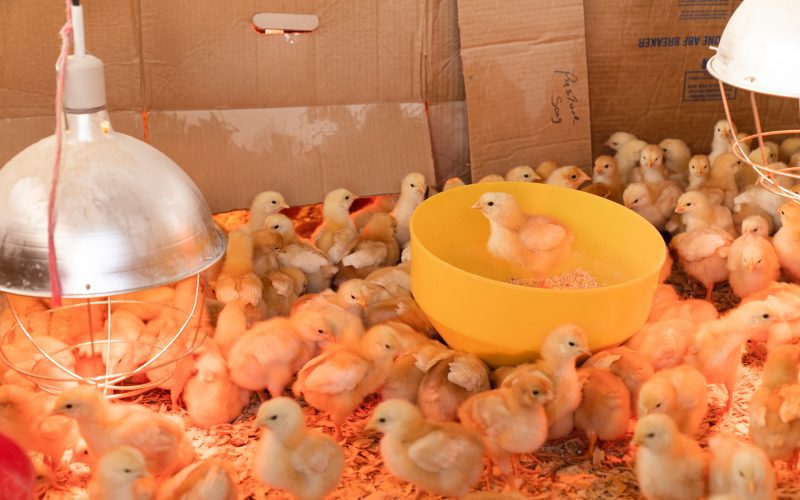Raising baby chicks can be a fun and rewarding experience for both children and adults. However, it requires a lot of knowledge and preparation to ensure the chicks grow up healthy and happy. In this beginner’s guide, we will explore the basic steps to successfully raise baby chicks.
Choosing the Right Breed The first step is to choose the right breed of chicks. There are hundreds of different breeds available, and each has its own unique characteristics. Some breeds are better suited for egg-laying, while others are bred for meat. It’s important to research the breeds and choose one that best fits your needs.
Housing Once you have your chicks, you will need to provide them with proper housing. A brooder box is a great option for housing baby chicks. It’s important to provide enough space for the chicks to move around and grow. A good rule of thumb is to provide about 2 square feet of space per chick. The brooder box should also be kept clean and dry.
Feeding and Watering Feeding baby chicks is relatively simple. You will need to provide them with chick starter feed, which is high in protein and essential nutrients. It’s also important to provide fresh water at all times. A chick waterer is a good option, as it helps prevent the chicks from drowning.
Temperature and Lighting Baby chicks are sensitive to temperature and lighting. They need to be kept warm, with a temperature of around 95-100 degrees Fahrenheit in the brooder box. A heat lamp or brooder heater can be used to provide the necessary warmth. As the chicks grow, the temperature can be gradually lowered.
Lighting is also important for the chicks’ development. They need about 14-16 hours of light per day. A simple light bulb can be used to provide the necessary lighting.
Health and Safety Keeping the chicks healthy is crucial to their survival. Regular cleaning of the brooder box is important to prevent the buildup of bacteria and disease. It’s also important to monitor the chicks for signs of illness, such as lethargy, loss of appetite, and diarrhea.
It’s also important to keep the chicks safe from predators. Baby chicks are vulnerable to predators such as cats, dogs, and raccoons. A secure brooder box and outdoor pen can help protect the chicks from harm.
Conclusion Raising baby chicks can be a fun and rewarding experience, but it requires a lot of work and dedication. Choosing the right breed, providing proper housing, feeding and watering, and ensuring the chicks’ health and safety are all crucial to their survival. With proper care and attention, your baby chicks will grow up healthy and happy.












